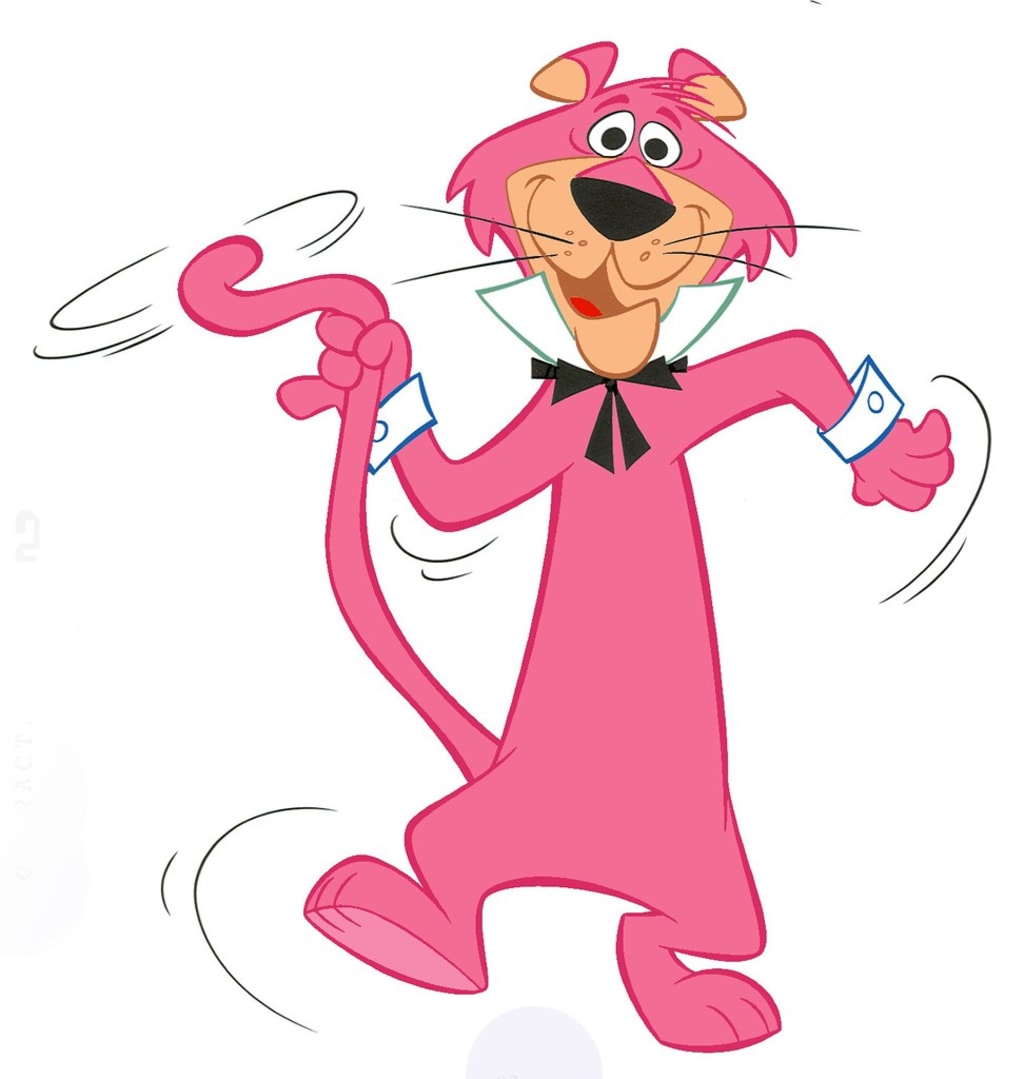It's All in the Details
COMING OF AGE IN CORCORAN CIRCA SIXTIES

Whenever I hear someone say, “I’ll send you details later.” Those simple words evoke one of my many painful bittersweet childhood coming of age moments. We all have them.
I grew up and attended school in a diverse community, however there were not many African-Americans in Corcoran, California, a small, sleepy farming town famous for two things: cotton and cattle. To add to the angst of a nine-year-old colored girl who was actually doing sixth grade work, I was the only person of color in my classes. Corcoran was not a bastion of racial tolerance or equality in the fall of 1960, even as sit-ins at segregated lunch counters had been waged all across the South.
That fall I was an outsider, as my family had moved from the country into town. There were four areas where African-Americans could live in those days, all involving railroad tracks. I was a proud resident of Bootville.
I was never sure who coined the title, the white folks or the black folks. I do know that other than black folks, the only other resident was a poor white family who lived in a ramshackle house with many broken down cars on blocks in their front yard. They did not associate with Bootville’s residents and stayed to themselves.
There were no sidewalks and the streets were asphalt-paved potholes in those days, but none of that detracted from my excitement of living in town and going to a new school. But, there was something I anticipated with a feeling of heart-pounding dread.
I had never been around any black kids except for my cousins and was intimidated by the black kids at John C. Fremont Elementary School. I found them to be loud, aggressive, and mean. Especially Melba Lee, an overgrown, 10-year-old, African-American version of the television character Alf. She was the quintessential bully and made mine and other fourth graders lives miserable by pushing us around and taking our lunch money.
I was smarter than the average fourth grader and a survivor, so I learned early on how to befriend and control Melba Lee; her Achilles heel was her love of Moon Pies. She would do anything for the chocolate treat. My mother also loved these concoctions and stockpiled them at home; fortunately my brothers and I didn’t care for them, and so I controlled Melba Lee with the thousand-calorie delicacy. She became my bodyguard.
My fourth grade teacher, Mrs. Ebbers, was the embodiment of any and every witch I had ever seen on The Wonderful World of Disney and she could out-cackle the best of them. The old crone constantly brought up the fact she was not American but Canadian, something that was entirely lost on me. She appeared to me to be a hundred years old and had a humongous hump on her back that scared the hell out of me. I was afraid that when my mother was her age, she might grow a hideous hump too. Unknowingly, I’d ventured over to the dark side.
Mrs Ebbers was famous for telling long drawn out stories and jokes that no one understood. Most of the stories had the same theme; how Canada was so much better than America; if that was the case why didn’t she go back? I for one would not miss her or her hump. On this particular afternoon, my radar was alerted when she reached into her desk and pulled out her ruler, which she tapped on the desk whenever she related her stories.
“This colored fella worked for a big game hunter who was on a trip to Africa and had sent a telegram home to let his family know when he was due to return. The telegram read; bagged a lion, details later. The colored fella scratched his head and said, wonder why he’s sending de tails later?”
I jumped straight up in my chair when unexpectedly the hag let out a screech of mirth that reverberated over the classroom like an echo over the Grand Canyon. A low murmur rippled through the classroom of puzzled and restless students.
Funky-Feet Frankie, who sat in the aisle to my left, ventured a sly look my way but I ignored him. All the other kids squirmed around in their seats; even they knew something was not right about the joke. Where was Melba Lee when I needed her?
Heat started at my face and rapidly consumed my skinny body… how dare she make fun of the colored fella! But, she was an adult and I was not psychologically equipped to challenge her. I had a flashback to first grade when I got in a fistfight with a redheaded white boy because the one and only story he requested at story time was Little Black Sambo.*
My tender young soul was on fire! I knew this joke was directed at me as I looked around the room and realized none of the other kids comprehended the racist joke, they were scratching their heads much like the colored fella. This is how it begins; racism is insidious and learned from adults no matter how covert.
The last thing on Mrs Ebbers mind was how her racist humor might influence the impressionable elementary students who were yet to be exposed to cultures other than the ones in their small-secluded community. For years I wondered if she told the racist joke with me in mind because that’s how they did things in Canada.
The ancient teacher had absolutely no concept that her careless actions might have a detrimental effect on the self-esteem of a nine-year-old colored girl.
My family did not speak like that and I knew of no other black folks that did either. This evil old woman must have watched Gone with the Wind too many times and formed her opinion of black folks from the movie. I was horrified but would never let this creature of a teacher know she was getting to me. My mother had instilled in me from an early age to be proud of my race and who I was. The only thing I was embarrassed about was my big teeth and skinny legs.
Exasperated because her fourth grade class could not grasp the levity of her racist joke, the old crow patiently explained, “Don’t you understand... colored people say de instead of the?”
I surveyed the blank faces of my white classmates and understood that they too knew of no one who spoke like that. I fixed the most contemptuous smirk on my face and looked Mrs. Ebbers dead in her beady eyes letting her know that her attempt to belittle me and my race had backfired in her prune face and I had the best and last laugh.
I hummed and sang smugly to myself the theme song from my favorite TV show, “A horse is a horse of course, of course…”
My classmates picked up on the vibe and I was joined in a mutiny of rebellious voices.
“Go right to the source and ask the horse, he’ll give you an answer you can endorse…”
We sang on in unity and unison against Mrs. Ebbers and her despicable joke. At last, I finally felt acceptance from my new classmates.
“Quiet now!” The expression on Mrs. Ebber’s sagging face can only be described in one word, priceless.
“Hmmmmph, moving on. Open your history books to page 5,” Mrs. Ebbers grudgingly conceded defeat.
Another battle won.
*Me & Black Sambo- From a collection of short stories:
Growing Up Colored In California’s Central San Joaquin Valley: Circa 1960s
About the Creator
PAT CHANEY
I am a child of the Sixties; 50% Hippie and 50% Militant with a Bohemian flair. My career as a Healthcare Claims Configuration Consultant allowed me to travel all over the U.S.....saw many places and things that inspire my writing.






Comments
There are no comments for this story
Be the first to respond and start the conversation.